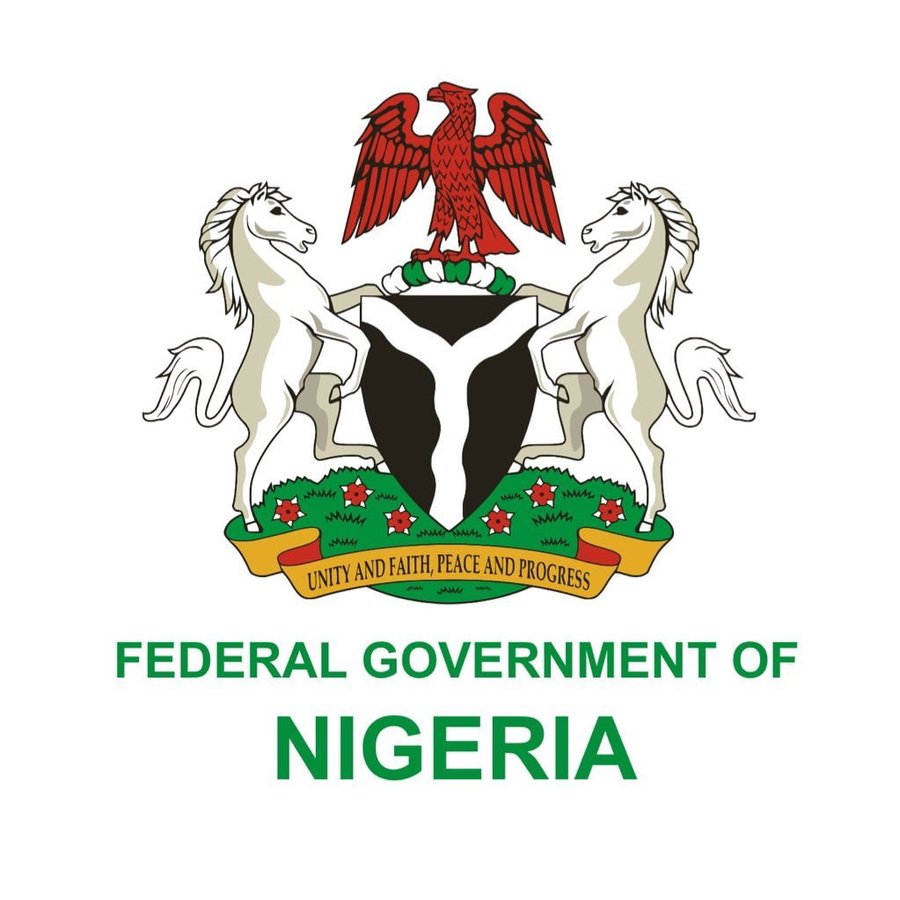The Federal Government has announced a new Expatriate Employment Levy (EEL) policy, imposing stringent regulations on companies employing foreign workers. Under the new directives, companies found in breach of the policy will face hefty fines of up to N3 million for each offense.
Outlined offenses include failure to submit EEL, neglecting to register an employee, corporate entities not renewing EEL within 30 days, and providing false information regarding EEL. The Expatriate Employment Levy serves as a financial contribution imposed on employers hiring expatriates, primarily targeting the offshore earnings of foreign workers employed in Nigeria.
Ministerial spokespersons stated that the EEL aims to bridge wage disparities between expatriates and Nigerian labor while opening up employment opportunities for qualified local candidates within foreign-operating companies.
However, the strict guidelines also stipulate penalties for inaccuracies or incomplete information submission. Corporate entities failing to file EEL within the designated timeframe or renewing it within 30 days of expiration face the risk of a N3 million fine per offense.
According to the handbook released by the authorities, companies employing expatriates must also adhere to specific financial contributions, with a set fee of $15,000 for expatriate directors and $10,000 for other categories of expatriates.
Additionally, the Ministry of Interior has mandated that the EEL card, akin to a passport, is a mandatory document for expatriates entering and leaving the country. The ministry has set a compliance deadline for April 15th, 2024.
In an official notice posted on their website, the Ministry urged companies to review the handbook and user manual available on their portal for further guidance and compliance. They reiterated that the EEL card is compulsory for lawful entry and exit of expatriates into and out of Nigeria.



